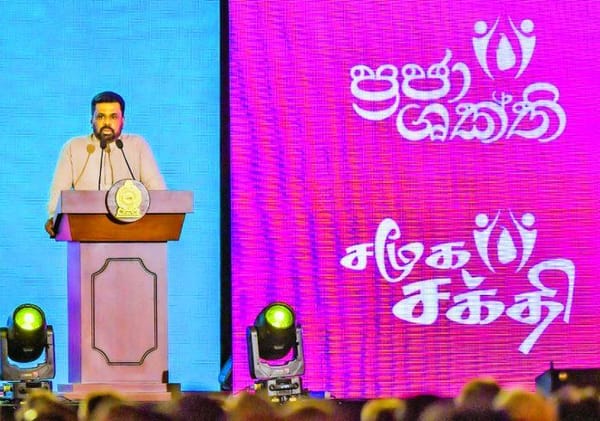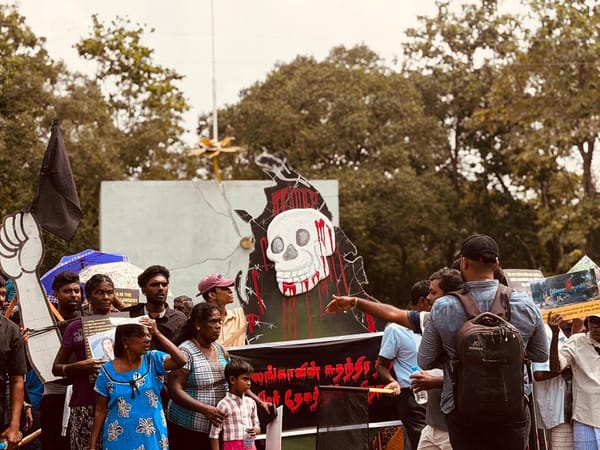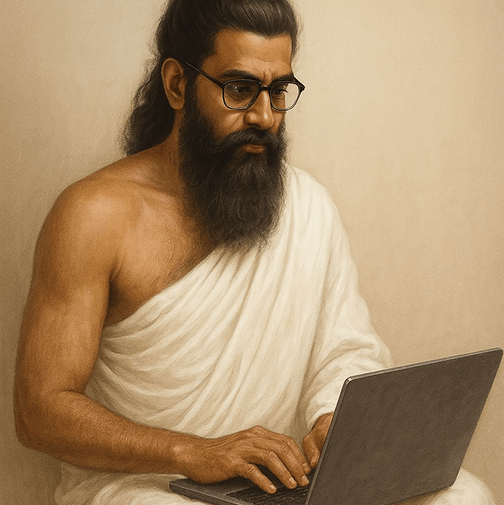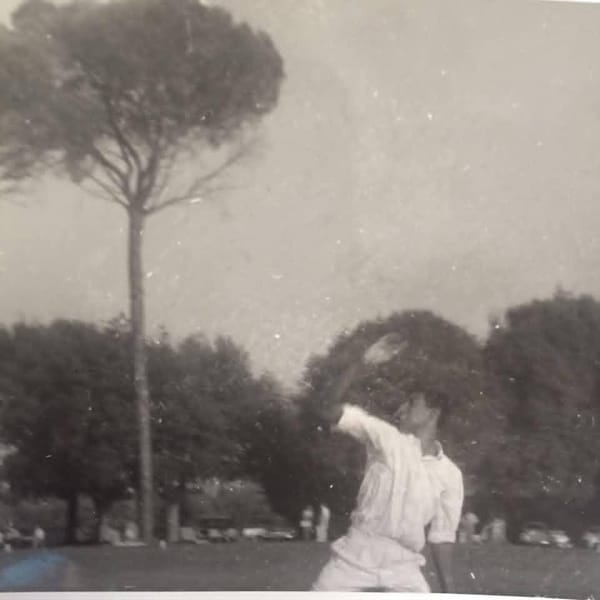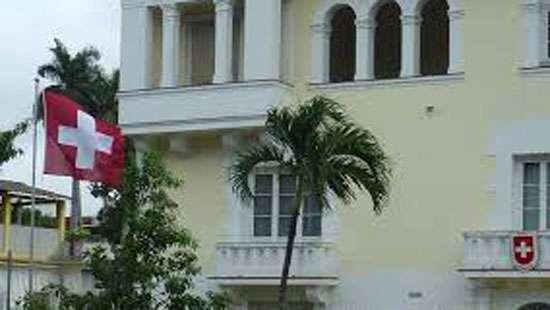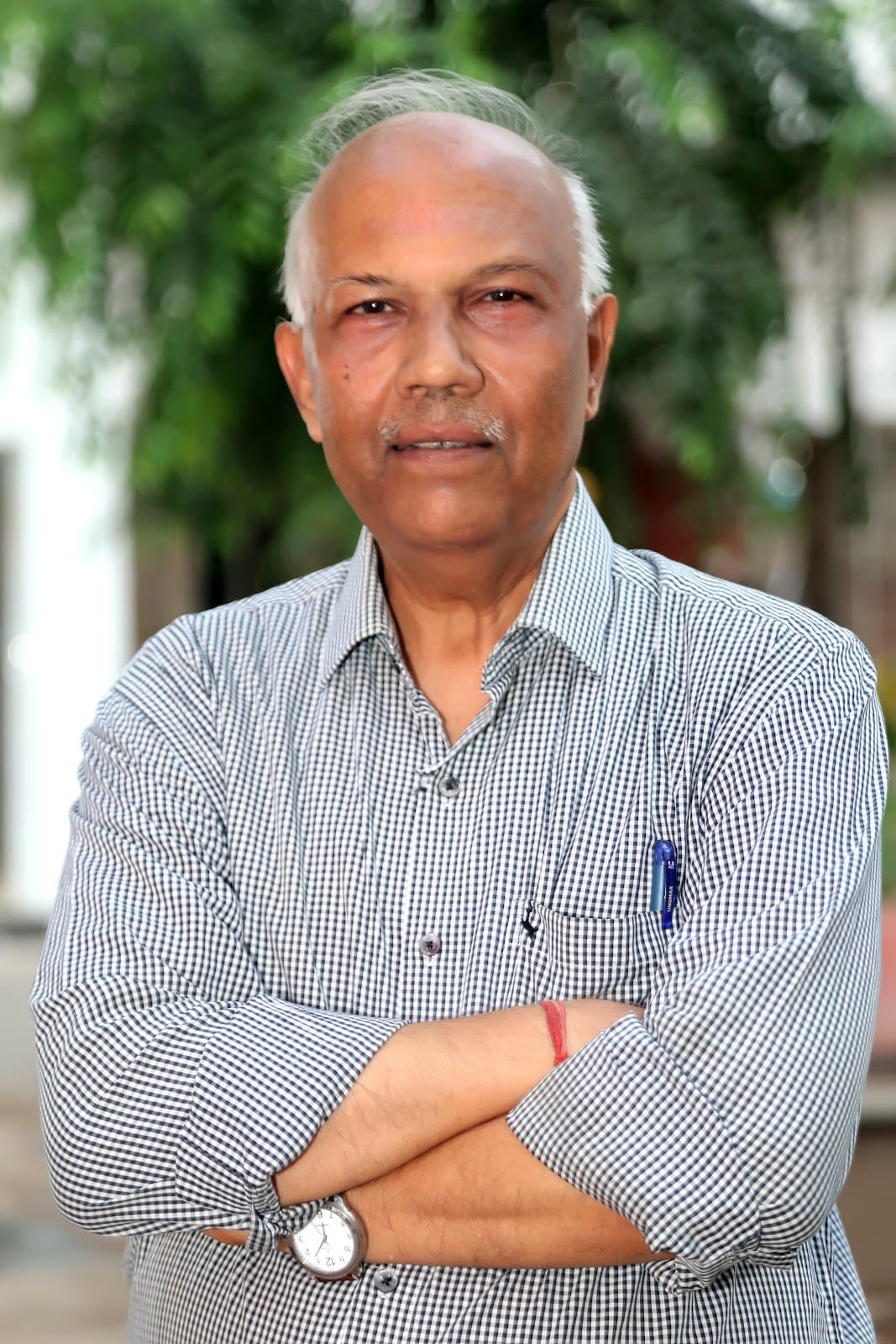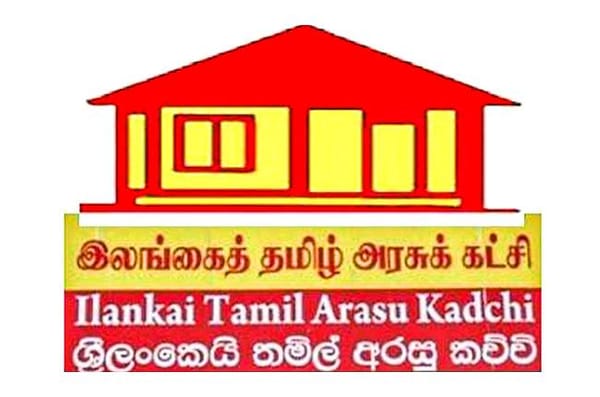Professor Mahesh Nirmalan MD, FRCA, PhD, FFICM
University of Manchester
Ethnocentric politics, appealing to the sentiments of one’s own ethnic group has resulted in several post-colonial countries being trapped in perpetual cycles of conflict. The situation is further complicated when larger nations intervene on behalf of a side with ‘real or perceived’ injustices, or more diabolically, exacerbate these differences to promote their own global ambitions. As a consequence, affected countries are unable to determine appropriate domestic or foreign policies based on local imperatives, as all policy decisions are scrutinised through an ethno-nationalistic prism. The Sri Lankan landscape provides an ideal case history where such forces have been at play in shaping its trajectory. Media narratives around the need for restorative justice to families of missing persons, protection of archaeological sites, debt restructuring, developing the Hambantota harbour or Port City Colombo – funded by the Chinese agencies, redevelopment of the Trincomalee Oil tanks or Colombo port – funded by Indian agencies or training the country’s military in Pakistan are some examples where ethno-nationalistic rhetorics over shadowed objective facts. Addressing these issues through an inclusive national debate is a priority if the country is to achieve its true potential. In this context, the role of politicians representing minority communities but also contribute to secular national debates is important. The unique challenges faced by them in doing so, needs further consideration.
Figure 1: A,B and C are major developmental projects where the narratives around the selection of suitable developmental partners have been influenced - directly or indirectly, on the potential impact on the ethnic divisions in the country. (Source: A&B: Wikemedia commons under the Creative Commons licence, C: Adapted and modified from Google Images)
Representation and authenticity on the national stage
The minority politician's journey begins with the dual burden of representation, where they must simultaneously satisfy their ethnic community while being acceptable to a broader, majority electorate. This is a delicate balancing act, as advocating for one side is often perceived as betraying the other. Minority communities expect their representatives to be fierce advocates for their specific rights and concerns. Such leaders are expected to act as a voice for the legitimate desire within these communities for their identities to be protected, nurtured and respected. Politicians perceived as compromising on these issues, risk being labelled as ‘weak’ or ‘sell-out’. Conversely, the majority electorate, influenced by their own ethnocentric biases, often views attempts at promoting minority interests as being inimical to their perceived ‘historic rights’ and a distortion of the country’s authentic identity – mostly defined through socio-cultural myths. Within this toxic milieu, the minority politician is viewed with suspicion and used as an easy target for mobilising public opinion. To counter this systematic campaign, the minority politicians feel compelled to distance themselves from their ethnic roots, emphasizing universal, secular values and downplaying their specific backgrounds. This, in turn, alienates their minority electoral base, creating an ever-widening chasm between the true motives and popular perceptions. The politician is trapped in a no-win situation appearing too ethnic (and risk losing the majority appeal) or too integrated (thus losing the minority vote).
Navigating the ethnocentric political landscape
A majority community nurtured in historical glory, usually shapes the political landscape in ways that are inherently disadvantageous to minority candidates. In such settings the political discourses often become dominated by the need to restore some mythical ‘golden age’ and ‘historical glories’. This mind set frames minority issues as peripheral or divisive where someone advocating for specific policies to address systemic inequalities such as anti-discrimination laws, language/religious rights or seeking restorative justice for historical grievances are accused of promoting ‘identity politics’ or ‘undermining national unity’. This powerful rhetorical tool forces the minority politician onto a defensive mode rather than articulating their proposals through the weight of moral and legal arguments.
The media, also plays a significant role in perpetuating a state of collective paranoia. Media narratives - shaped by ethnocentric thinking, portray minority politicians as inherently biased, less qualified, or pandering to sectarian centrifugal forces. For example, in post war Sri Lanka, the policy positions and speeches made by politicians such as Mr A Sumanthiran or Mr Faizer Mustafa in parliament were seen through an ethnocentric lens, rather than true merits (or demerits) of their arguments. Waving of the National flag by late Mr R Sambandan - after the victory of the Yahapalanaya government, was marketed to the Tamil electorate as an act of ‘sell-out’ by a ‘spineless traitor’ and to the Sinhala electorate as an attempt by a cunning old ‘fox’ to mislead the majority while not shifting from a sectarian mind set – a tiger that did not change its stripes. Both sets of electorates did unfortunately buy into these narratives, negating any potential gains the country could have achieved through this symbolic gesture.
Figure 2: Politicians M A Sumanthiran and Fizer Mustafa: Both politicians - widely recognised nationally for their intellect and legal acumen, were targets of the ‘sell out’ or ‘spineless’ narratives.
Figure 3: Waving of the National flag by Mr R Sambandan and Mr R Wickramasinghe after the victory of the Yahapalanaya government - a moment with great potential but was misrepresented to both sets of electorates through a divisive media narrative. (Source: Adapted and modified from Google Images)
The pressure to conform to secular expectations
Interpretation of secularism can be a point of contention, creating another layer of complexity that politicians from communities with distinct religio-cultural practices need to contend with. While the principle of secularism promises the separation of religion and culture from governance, in practice, it often reflects the values and practices of the numerically dominant group. Minority communities are expected to conform to the majoritarian views of ‘secularism’. Debates over religious symbols in public spaces, faith-based schools, or family law force politicians to choose between defending their community's cultural priorities or aligning with the secular contours as defined by the mainstream. For example, a ban on religious symbols like headscarves, often framed as a secular policy, is perceived as an attack on Muslim communities. A politician must then decide whether to defend their community against this policy or support status-quo to demonstrate their secular credentials. This is not merely a policy disagreement but rather a serious conflict where the politician's very identity and loyalty are called into question. Similar debates are currently raging across Asia, Europe, Australasia and North America where - in the wake of uncontrolled immigration, influential civic and political movements are making the case that certain cultural practices discourage integration and hence are damaging to nation-building. The merits and demerits of this wider cultural debate is beyond the scope of this article, but within this polarised space the dilemma faced by politicians representing minority communities becomes very stark.
The precarious position within the political party
Even within their own political party, a minority politician is not safe from the challenges posed by an ethnocentric environment. Constitutional lawyer Dr Neelan Thiruchelvam faced the wrath of a strong sectarian group within the TULF when advocating moderation and compromise in 1995. Mr M A Sumanthiran too faced similar challenges within the TNA resulting in his electoral defeat in 2025. When faced with situations - where sticking to a given political ideology is detrimental, it is incumbent upon leaders to wean their respective communities from such ideologies – however long such an ideology may have dominated the political landscape. Changes in global perceptions over the role of armed groups - in the immediate pre/post 9/11 eras demanded a change in the political discourses within the Tamil community. The TNA faced that challenge in 2009 just as much the Palestinian leaderships face that identical challenge in 2025. Under these circumstances advocating for a change in trajectory is not a manifestation of ‘weakness’, ‘sell-out’ or ‘betrayal’ but rather a recalibration that comes from the awareness of their community’s needs in a changing world. The setback experienced by Mr Faizer Mustafa when crossing over from Mr Mahinda Rajapaksa’s cabinet to form the ‘Yahapalanaya’ administration is another related but different phenomenon. His broader concerns over the overall direction of government – widely acknowledged by most sections of society, was misrepresented as opposition to a project aimed at restoring a ‘great nation to its golden age’. Anecdotes based on MR’s folly of trusting a politician who was destined to gravitate towards the parochial interests of his community were widely circulated.
Furthermore, within the hierarchy of major national parties, the minority politician may face systemic barriers to advancement. They may be overlooked for leadership positions or key committee assignments, facing a ‘glass ceiling’ that their majority counterparts may not. The party leadership, seeking to appeal to the ethnocentric majority, may hesitate to assign prominent roles to minority candidates. The involvement of the socio-religious groups – with stronger ethno-nationalistic leanings, complicates the issue further as was evident with the side-lining of late Mr Lakshman Kadirgamar in the SLFP leadership contest in 2004. This perpetuates a vicious cycle, where a lack of visible minority leaders is used to justify the position that they are unfit for leadership, further hindering progress. In countering the narrative, the politician is compelled to outperform their majority colleagues in generating anti-minority sentiments or remaining a silent observer in the wake of violations of minority rights.
Figure 4: A: Late Hon Mr Lakshman Kadirgamer, who faced the ‘glass ceiling’ effect within the SLFP through the mobilisation of ethno-nationalistic forces. B: Late Dr Neelan Thiruchelvam, alienated, marginalised and assassinated by members of the very community he served. (Source: Adapted and modified from Google Images)
The personal toll of the burden
Beyond these challenges, the constant pressure takes a significant psychological toll. The need to justify their loyalties, balance conflicting expectations, while fighting against systemic prejudice can lead to feelings of alienation and exasperation. The "them Vs us’ discourse undermines their sense of belonging with the threat of physical violence being an ever-present reality. The possibility of deploying their intellect and skills in their chosen professions - with greater monetary gains, makes them succumb to the ‘why bother?’ mindset, enabling the mushrooming of alternate insular and sensationalist leaderships that readily promise a ‘land flowing with milk and honey’. The incessant quest for this utopia causes irreversible damage to the communities concerned. “மண் குடமும் வெண் குடமும் மோதினால் மண் குடம் தான் உடையும்” (If a clay pot and a metal pot clash, it is the clay pot that breaks) is an age-old wisdom - widely taught but rarely applied to real life.
Ultimately, the journey of a minority politician is a testament to resilience, dexterity and determination. Their success is measured not just by legislative achievements but by the ability to navigate a treacherous political landscape defined by contradictory expectations, bias, and threat of alienation from both their own community and the mainstream. While their presence in mainstream politics is essential for building an inclusive democracy, the challenges they face expose deep-seated tensions. An inclusive discussion covering all strata of the Sri Lankan society is needed to overcome these structural challenges.


